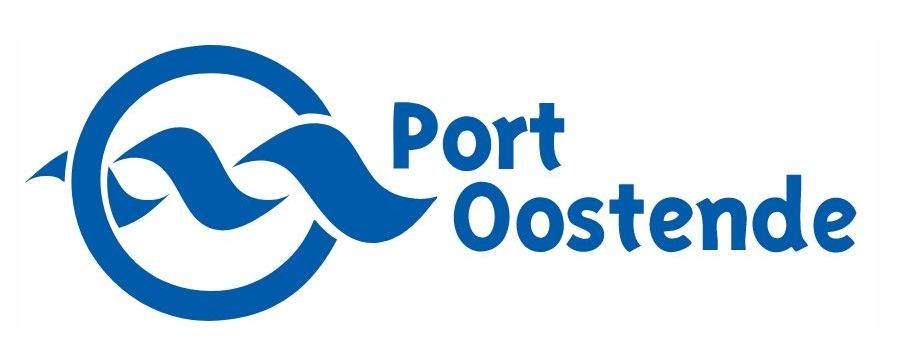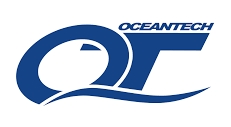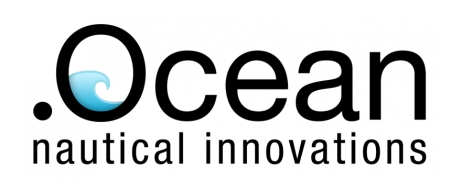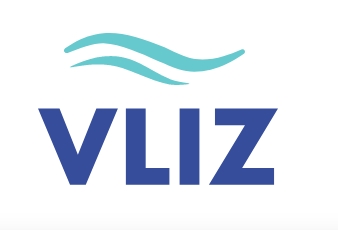Consortium composition
The Institute of Oceanology of the Polish Academy of Science (IO PAN) performs all kinds of marine research, ranging from oceanography to marine chemistry and biology, employing ca. 200 scientists. It is equipped with the Research Vessel “Oceania”, the AUV IVER2 and ROV. It was the leading institution in the CHEMSEA and NATO SPS MODUM project dealing with chemical munitions search and dumpsite monitoring in the Baltic Sea, and DAIMON project (Decision Aid for Marine Munitions). Currently it is a partner in two MARTERA projects – PROBANNT MG and AMMOTRACE, as well as a coordinator of INTERREG DAIMON2 project.
Clausthal Research Center for Environmental Technologies (CUTEC). Cutec is a Research Center of the Technical University of Clausthal and has a long experience in the transfer of scientific concepts to industrial application. Through the interaction of different process engineering disciplines in one house, it is possible to analyse, change and finally optimise even complex processes or process chains under energy and environmental aspects. Clausthal University of Technology (TUC) is regionally rooted and globally appreciated. Education at the university, which is rich in tradition, is highly valued by national and international business enterprises. Young people enjoy the different way of studying in Clausthal, namely the personal atmosphere and the practice-oriented teaching conditions. Teaching and research at Clausthal is in the fields of energy and raw materials, natural and material sciences, economics, mathematics, computer science, mechanical engineering and process engineering. The maxim is the close networking of natural sciences, engineering and economics within application-oriented research. It is organised in three innovative centres: the Lower Saxony Energy Research Centre, the Clausthal Centre for Material Sciences and the Simulation Science Centre. With its 4,800 students and around 1,050 employees, the TUC is the most important economic factor in the Western Harz region. The TU's good reputation worldwide is regularly reflected in top positions in rankings. In the field of computer science and CI, basic courses are taught in the areas of artificial intelligence, databases and information systems, embedded systems, graphical data processing and multimedia, human-machine interaction, hardware design and robotics, software technology, computer systems and business informatics.
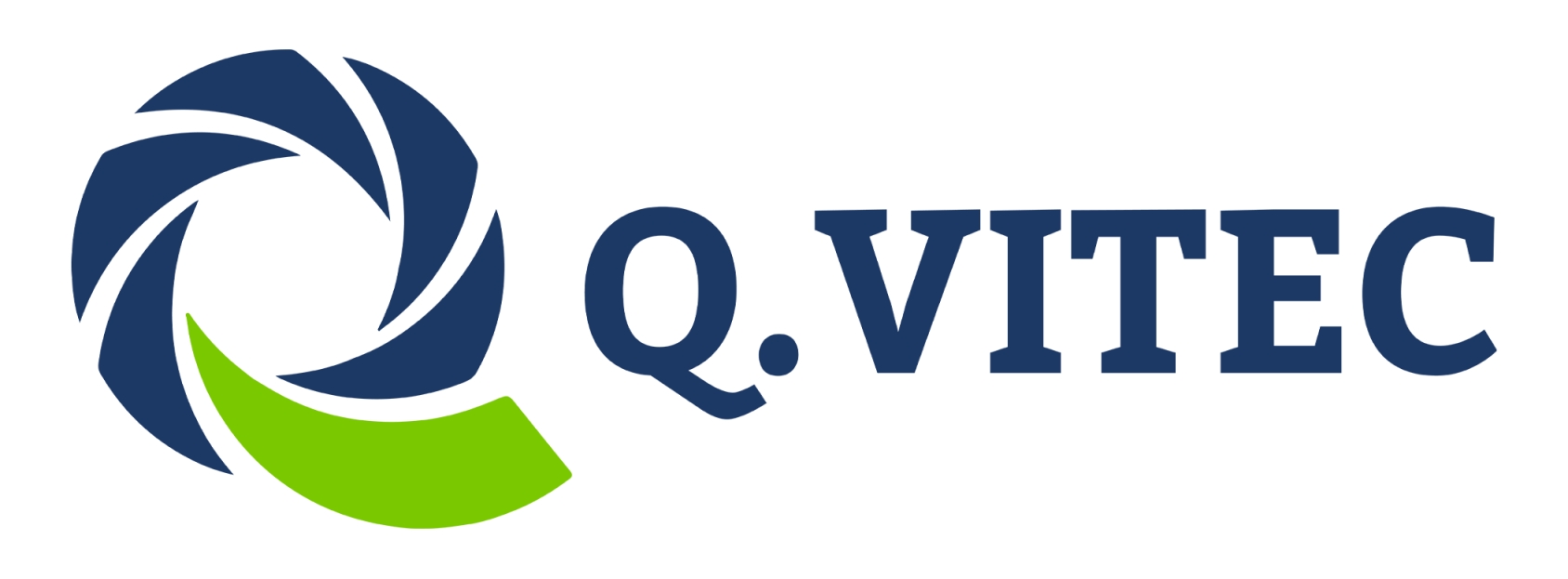 |
Q.VITEC emerged from one of the largest electronics companies in the world, Q.VITEC is a solution provider in all aspects of industrial image processing. In this field, they offer intelligent software, reliable hardware and customised system integration. Thanks to the enormous commitment and motivation on the part the employees, they have succeeded in establishing a smoothly functioning team of image processing experts and software developers with multiple years of experience, and the track record in retaining the top experts is second to none. The birth of Q.VITEC GmbH in 2012 did not represent a business start-up in the "classical" sense. Rather, it was a matter of preserving well-functioning and successful processes in the best possible way. In addition, it was also a matter of determining and defining additional potentials in order to spur rapid and continuous ongoing development. Thanks to the employees' many years of experience, Q.VITEC was ideally positioned from the very outset. The proverbial "from 0 to 60" was put into practice during the company's founding. By dividing the company into Q.VITEC North and Q.VITEC South, they have also done justice to the dynamics of each division by casting the structures in a coherent form. Due to the high flexibility, they can bundle the forces optimally and thus meet the requirements of the customer in an ideal way. Thanks to a broad wealth of experience and equipped with a well known and well established client base, Q.VITEC was and is in a position to access the highest quality services in the field of industrial image processing on an ad lib basis. The result is that the solutions win customers over with their multi-functionality, variability and customisability, achieving the perfect symbiosis of software and matching camera systems. Q.VITEC is an official partner of MVTec, a leading international software manufacturer who developed the worldwide used image processing library HALCON which is part of the Vision Q.400 software.
 |
IngB RT&S is an association of scientists and programmers from a wide range of disciplines who have joined forces for product development in the CI sector in a wide range of application fields. This form of business enables them to bring together specialists at short notice for specific tasks in order to work on a wide variety of topics that have not been dealt with before, to bring them to product maturity and to establish them on the market. Naturally, they use research and development network to draw on and utilise expert knowledge from industrial, medical and defence technology fields on an order-oriented basis. Based on this portfolio and the knowledge transfer of the different solution approaches that is possible without delay, IngB RT&S GmbH succeeds in implementing integrative and highly innovative solution approaches in new software applications in a targeted manner. The fact that this strategy is not only target-oriented but also trendsetting has been demonstrated in the past by the fact that one of the products from the defence technology division was awarded with the "Innovation Prize of the German Defence Technology Industry" in 2007, one of the products from the medical technology division was awarded with the "Industry Prize 2014 Best Of" in 2014, one of the technology products was awarded with the "Innovation Prize-IT Best Of 2015" in March 2015 and another product from the medical technology division was awarded with the "Best Of" prize in April 2015. For the new product in the field of cryptography using neural networks, the Defence Technology Division received the Industry Award 2016 Best Of, while its new bionic image processing algorithms were awarded the "Best Of" in 2017.
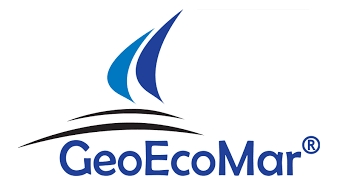 |
The National Institute for Research and Development of Marine Geology and Geoecology (GeoEcoMar) carries out research activities (geology, geophysics, geochemistry, hydrochemistry, environmental quality, geo-archaeology, etc) in the Danube-Black Sea macrogeosystem. Its main marine infrastructure related to the project purposes consists of the largest research vessel operating in the Black Sea (Mare Nigrum) equipped with CTD, ROV, multibeam, side scan sonar, sub-bottom profiler, magnetometer, multicorer, boxcorer, etc). GeoEcoMar was partner in projects dealing with high-resolution magnetic surveys for UXO detection on the Romanian and Bulgarian shelf as well as on the Danube River (Prahovo area, Serbia).
Harbor of Oostende has been for many years involved in blue economy, and research activities connected to offshore activities and renewable energy, and is supported by research facilities in science parks, business incubators and university of Ghent. This included also testing of autonomus equipment and marine robotics. It has acess to well established test facilities and small vessels for equipment testing.The main role of the port of Oostende within the project will to be to prepare and to facilitate the testing and the demonstrations that need to take place, in coordination with the research institutions and the industrial partners, as well as the evaluation and the debriefing related to the testing of the ROV on the other sites at the Baltic Sea and the Black Sea. From a functional perspective, the port of Oostende has a particular interest in the project for the following reasons (cfr added value):
- Preparation and maintenance of seabed for offshore windfarming, including the detection and cleaning of UXO, UXB and ERW, that have been left in the sea during and after both World Wars
- Presence of maritime UXO graveyard in the neighbourhoud of the port of Oostende
- Presence of maritime community, utilising more and more ROV for several maritime operations, including detection of underwater UXO/UXB
- Presence of demining school
- Construction of enterprise for the development and construction of underwater drones for demining.
OceanTech Poland company deals with the provision of technologies for diving underwater works and the production of systems supporting such works, e.g.:
- Mobile diving work control points
- Mobile hyperbaric chambers
- Vision systems designed for diving works
It also deals with the service and implementation of new solutions for ROVs. Our team consists of a design department and an extensive service department. We have experience in repairing all ROVs available on the local market.
dotOcean is a maritime technology company enabling robotic control and situational awareness products by delivering autonomous navigation products and cloud based SaaS. The company was founded in 2008 and is based in Bruges. It has a complementary team of 14 employees and has 2 main product lines:
- Autonomous control systems (product name is AYB control unit or Automate Your Boat control unit): The AYB unit is a cloud based autopilot that can be mounted on any type of robot and is independent of manufacturer.
- Data fusion products for situational awareness (product name is AYB sensor unit or Automate Your Boat sensor unit): The AYB sensor unit can be mounted on sensors in the field as an edge device to local process the sensor data and link this data to the cloud. In the cloud a data fusion platform is running to collect the data and bring it together in a situational awareness data product.
The Flanders Marine Institute (VLIZ) promotes marine knowledge creation and excellence through sound interdisciplinary research about the ocean, seas, coast and tidal estuaries. We do this in close collaboration with other (marine) research groups, citizens, policy makers and industrial partners in Flanders, Belgium, and through international collaboration. Within VLIZ, the Marine Robotics Centre has been established to grant Flemish scientists and their (inter)national partners, as well as other Flemish actors in the marine robotics scene, access to the latest technologies in themarine research field. To this end, MRC operates, in addition the ROV Zonnebloem, the AUV Barabas and the USV Zonnebloem.






